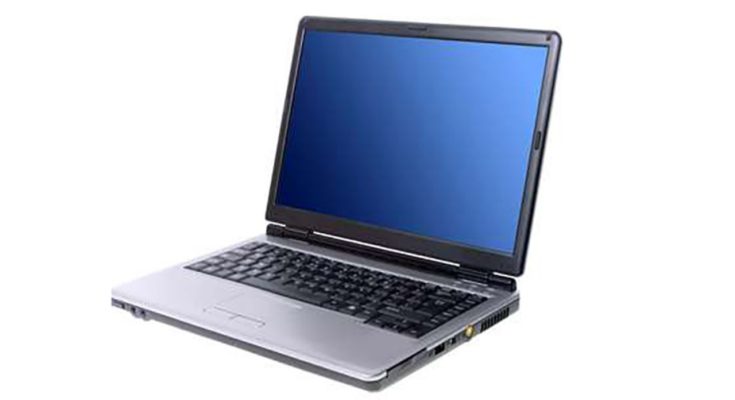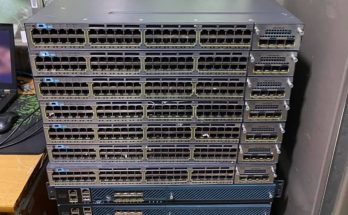In an era where digital tools are indispensable, software applications have become integral to work, entertainment, and education. However, the steep cost of certain software often tempts users to seek out cracked versions—unauthorized copies bypassing licensing restrictions. While these pirated versions may seem like a cost-effective solution, they come with hidden risks that can lead to severe consequences for individuals and organizations alike. This article explores the dangers of cracked software and makes a compelling case for investing in official versions.
Understanding Cracked Software
Cracked software refers to modified versions of original programs that remove licensing protections. These versions are distributed through unofficial channels, often as free downloads or at significantly reduced prices. While the appeal of accessing premium features without paying for them is obvious, the reality of using cracked software is far more complex and hazardous.
The Risks of Cracked Software
1. Exposure to Malware and Cybersecurity Threats
One of the most significant risks of cracked software is its vulnerability to malware. When you download unauthorized software from unofficial sources, there’s no guarantee of its integrity. Cybercriminals often embed malware, ransomware, or spyware into these programs. Once installed, these malicious elements can:
- Steal sensitive data, such as passwords and financial information.
- Grant unauthorized access to your device, allowing hackers to exploit your system.
- Spread viruses that disrupt system performance or cause data loss.
A study by the cybersecurity firm Kaspersky found that nearly one-third of cracked software downloads contain malicious code, highlighting the scale of this risk.
2. Legal Repercussions
Using cracked software violates copyright laws and licensing agreements, exposing users to legal consequences. Software companies actively monitor piracy and often take action against offenders. This could result in:
- Fines or lawsuits from software developers.
- Loss of reputation for businesses found using pirated software.
- Restrictions on future access to legitimate software solutions.
For organizations, these legal issues can escalate quickly, leading to costly settlements and damaged public trust.
3. Lack of Updates and Support
Official software comes with regular updates that improve functionality, address security vulnerabilities, and enhance user experience. Cracked software, on the other hand, does not receive these updates, leaving users with outdated versions prone to bugs and security loopholes.
Additionally, official software includes customer support services to assist users with technical issues. Cracked software users are left to navigate problems on their own, often with no recourse when critical errors arise.
4. Reduced System Performance
Cracked software is notorious for causing performance issues. These unauthorized versions often contain poorly written code or unnecessary modifications that:
- Slow down your system.
- Increase the likelihood of crashes or freezes.
- Consume excessive system resources, leading to inefficient operations.
Over time, these performance problems can reduce the lifespan of your device, negating any initial cost savings.
5. Ethical and Professional Implications
Using pirated software raises ethical questions. By downloading cracked versions, users deprive developers of fair compensation for their work. For businesses, this practice can undermine their professional integrity and credibility.
Organizations that rely on unauthorized software risk being viewed as untrustworthy, which can harm relationships with clients and partners. Moreover, companies may face audits that uncover software piracy, resulting in penalties and reputational damage.
The Case for Official Versions
Despite the allure of free or cheap software, the benefits of using official versions far outweigh the perceived savings of cracked alternatives. Here’s why:
1. Enhanced Security
Official software is developed and distributed by trusted vendors, ensuring it is free from malicious code. With regular updates and security patches, these programs provide robust protection against emerging threats. This level of security is crucial for safeguarding sensitive data and maintaining system integrity.
2. Legal Compliance
Investing in licensed software ensures compliance with copyright laws and licensing agreements. This protects users from legal repercussions and establishes a foundation of ethical behavior. For businesses, adhering to software regulations demonstrates professionalism and accountability.
3. Reliable Support and Maintenance
Official software comes with access to customer support teams who can assist with troubleshooting and resolving issues. Many developers also offer extensive documentation, tutorials, and forums to help users maximize their software’s potential.
Additionally, official software is continually updated to enhance performance, introduce new features, and fix bugs. This ensures a seamless user experience and prolongs the software’s usefulness.
4. Optimized Performance
Licensed software is designed to operate efficiently, utilizing system resources effectively and minimizing the risk of crashes or slowdowns. This reliability is essential for maintaining productivity, especially in professional environments.
5. Supporting Innovation
By purchasing official software, users contribute to the ongoing development of new technologies. Developers rely on revenue from software sales to fund research, improve existing products, and create innovative solutions. Supporting official software fosters a healthy ecosystem that benefits everyone.
Practical Tips for Transitioning to Official Software
If you’re currently using cracked software, transitioning to official versions can seem daunting. Here are some practical steps to make the switch:
- Assess Your Needs: Identify the software applications you use and determine which ones are essential. This will help you prioritize purchases and manage costs.
- Explore Free and Open-Source Alternatives: Many open-source programs offer features comparable to paid software. Examples include LibreOffice (as an alternative to Microsoft Office) and GIMP (as a substitute for Adobe Photoshop).
- Take Advantage of Discounts and Subscriptions: Many software vendors offer student discounts, subscription plans, or bundled packages that make their products more affordable.
- Invest Gradually: Transitioning to official software doesn’t have to happen overnight. Focus on replacing one program at a time to spread out costs.
- Educate Your Team: For businesses, it’s essential to train employees on the importance of using licensed software and the risks associated with pirated versions.
Conclusion
Cracked software may appear to be a shortcut to accessing premium features without the price tag, but it’s a path fraught with risks. From cybersecurity threats and legal troubles to performance issues and ethical concerns, the hidden costs of pirated software far outweigh the initial savings.
Investing in official software is not just a matter of legality; it’s a commitment to security, reliability, and supporting innovation. By choosing licensed versions, users can enjoy peace of mind, optimized performance, and access to valuable updates and support.
The next time you’re tempted by a cracked version, consider the bigger picture. Protect your data, uphold ethical standards, and contribute to the future of technology by choosing the official path. It’s an investment that pays dividends in security, functionality, and peace of mind.




